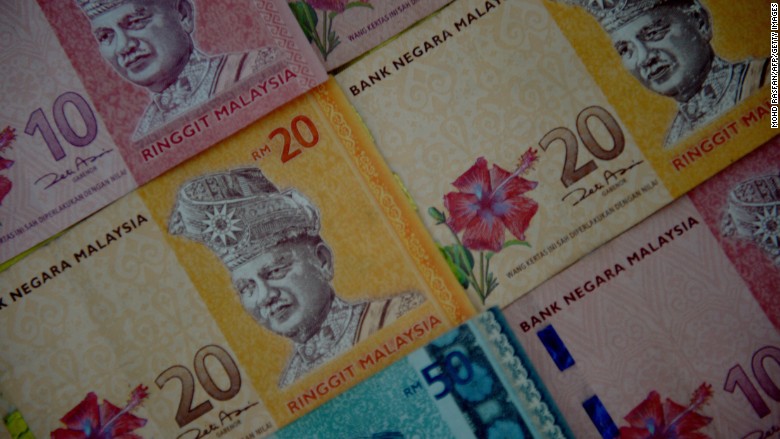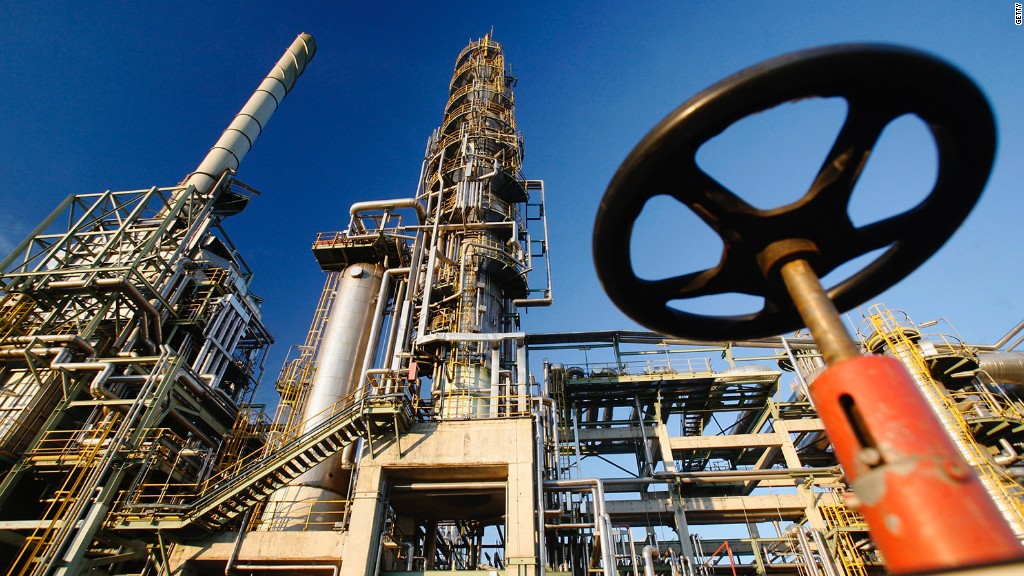Ghosts of 1997 monetary disaster return to haunt Asia

In Asia, it really is starting up to look a bit like 1997.
Eighteen several years following a fiscal crisis ripped via Asia, toppling governments, bankrupting organizations and normally wreaking havoc, the region’s currencies are when yet again coming under powerful force.
Malaysia and Indonesia, in distinct, look to be in difficulties. In excess of the past year, the Malaysian ringgit has dropped virtually a quarter of its benefit against the greenback. Indonesia’s rupiah has get rid of 15% more than the very same time period. Both currencies are now at their weakest level considering that the Asian fiscal disaster, and losses keep on to pile up.
Including to issues, Beijing has devalued the yuan in current days, a transfer that some think was designed to increase the country’s exporters. If that view finds traction amongst regional governments, retaliatory actions could spark a currency war in the region, further degrading the rupiah, ringgit and other susceptible currencies.
Although buyers are keeping a near watch, they’re not however in a total-fledged panic. That’s due to the fact most international locations in Asia now have massive war chests of international trade reserves, which can be utilised to protect their currencies. Regulation has enhanced because 1997, and credit card debt ranges have dropped.
Daniel Martin, an analyst at Capital Economics, explained that with the exception of Malaysia, which has large amounts of U.S. dollar credit card debt, forex weakness is not “a significant risk to any economic climate in the region.”

Oil retains plunging. Here’s why.
There is certainly far more to fret about than just currencies, nevertheless. China’s economy — which generates massive quantities of need in Asia — has stumbled in modern months. Countries that export to China, which includes Taiwan, Malaysia, South Korea and Vietnam, could be in trouble as a end result.
In the meantime, several emerging economies’ motor of expansion is commodities. But costs of oil, copper and soy have also fallen off a cliff above the previous 12 months. Malaysia, for instance, is a major oil exporter. Indonesia sends huge quantities of coal, palm oil and rubber abroad.
Numerous experts also assume the U.S. Federal Reserve to raise rates in September, anything it has not carried out because 2006.
That would improve borrowing costs — interest on financial loans — for companies in rising markets. It would also make American credit card debt more appealing to investors, indicating rising industry personal debt could see a market off.
Sofyan Djalil, Indonesia’s coordinating minister for economics, advised Reuters in early August that he wants the Fed to act swiftly.
“I desire the Fed will decide and the faster is greater for Indonesia since the uncertainty provides … the financial marketplace a excellent legitimacy to play about,” Djalil stated.
Officials in Indonesia and Malaysia, as for the duration of the disaster 18 several years ago, can even now manage their response beneath strain. If protectionism and political dysfunction can be prevented, the countries stand a considerably far better likelihood.
But it won’t be effortless. Malaysia’s key minister, Najib Razak, has come underneath scrutiny in recent months following allegations of corruption. His Indonesian counterpart, Joko Widodo, has expended a lot of his political funds because getting business office a calendar year in the past, with few economic reforms to display for his efforts.
